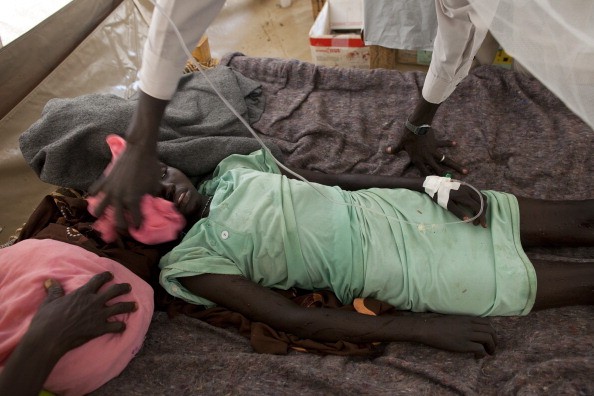
The malaria vaccine known as Mosquirix (also called RTS,S) is under development and may be granted approvals for use in sub-Saharan Africa soon. Mosquirix only offers limited protection. To get that protection, a child would need four injections over 18 months at a cost of perhaps $5 per dose. Once Mosquirix is administered, the effects may only last several years.
Those are serious drawbacks that could potentially stop development on almost any other vaccine, but malaria kills an African child every minute and no vaccine exists as yet. Even with all its faults, Mosquirix could make a huge difference in stopping malaria. Mosquirix has been getting a lot of attention and the backing of some powerful names, including Bill Gates. It is being developed by GlaxoSmithKline.
Mosquirix offers only about 50% protection in children under 18 months old and one-third protection in babies under 3 months old, according to data from clinical trials. If the children do not get all four doses, it is not even that effective.
If the vaccine does cost $5 a dose, it will be about the same cost as for one bed net treated with insecticide, which can protect two people for three years, assuming the bed net is used correctly. Another concern is that having a vaccine that is only partially effective may put parents off on other very effective vaccines.
Malaria is caused by a parasite that is transmitted by the bite of a mosquito. Mosquirix works by stimulating an immune response against the parasite.
The World Health Organization has promised to make a decision on whether to recommend use of Mosquirix by the end of this year. The European Medicines Agency, a drug regulatory group, will decide shortly on whether Mosquirix should be licensed in Europe. Both groups are expected to back the vaccine because it is the first malaria vaccine to get even this far and because it is a historic milestone against the disease.



